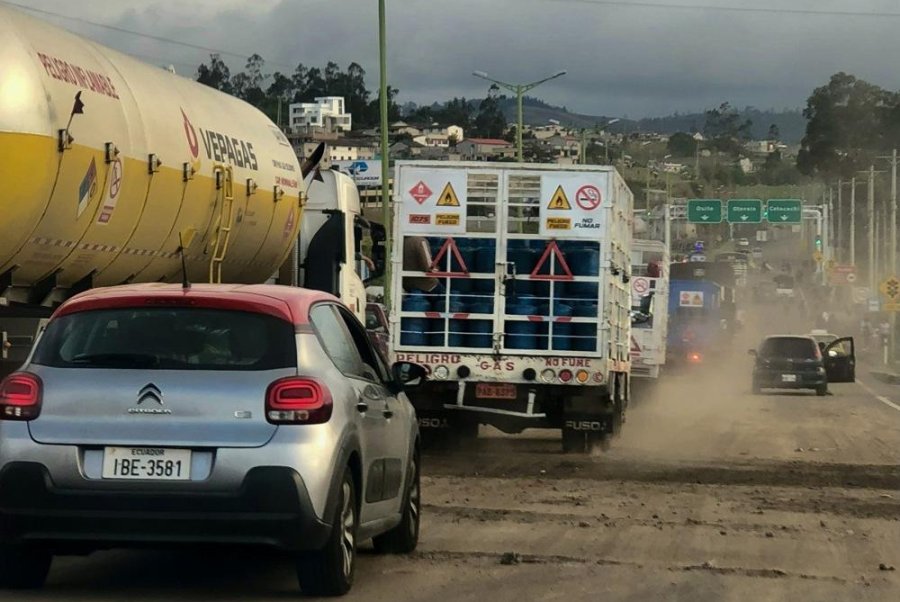Oct. 23 (UPI) — Ecuadorian President Daniel Noboa has announced a small, gradual reduction in diesel prices, which will drop to $2.78 per gallon from $2.80 on Dec. 15 and to $2.70 in February.
The announcement came shortly after the Confederation of Indigenous Nationalities of Ecuador suspended a national strike that had blocked roads for a month to protest the government’s decision to end diesel subsidies, which had raised prices a dollar from about $1.80 per gallon.
“So that the productive and transport sectors can plan with certainty and know that diesel prices will fall, we are announcing the new prices today,” Noboa wrote on X. He emphasized that his administration is moving from words to action, “protecting Ecuador’s economy and its households.”
Noboa said that with the strike over, highways and roads have been cleared, but confirmed that pricing measures adopted in recent weeks would remain in place.
The announcement of the price cut comes as Ecuador transitions to a new pricing system that will take effect Dec. 13. The mechanism will allow diesel prices to fluctuate according to international oil prices, El Comercio reported.
Under this system, the adjustment may increase by up to 5% or decrease by up to 10% per month, depending on the benchmark West Texas Intermediate crude.
Marlon Vargas, president of the Indigenous Confederation, said in a statement Wednesday that “in response to the brutal repression ordered by the government of Daniel Noboa — which left three dead and dozens injured — we have made a difficult but necessary decision: to end the 2025 National Strike, clear the roads and return to our territories to protect the lives of our people.”
Vargas called on social groups to campaign for a “No” vote in the referendum promoted by Noboa’s government to create a constituent assembly, allow foreign military bases to operate in Ecuador, reduce the number of legislators and eliminate public funding for political parties, Primicias reported.
“We call on our supporters to return to their territories and communities. The resistance will continue through permanent assemblies, as a unified organization, to prepare the ‘No’ campaign in the referendum,” Vargas said.
According to local organizations and media reports, at least three protesters were killed during the month of demonstrations, 296 people were injured and more than 100 were detained.
While a Human Rights Watch report documented excessive use of force and restrictions on protests by police and military forces, one of the most serious incidents occurred Sept. 28, when a protester was killed and 12 soldiers were injured in a clash north of Quito. That is under investigation by prosecutors.

